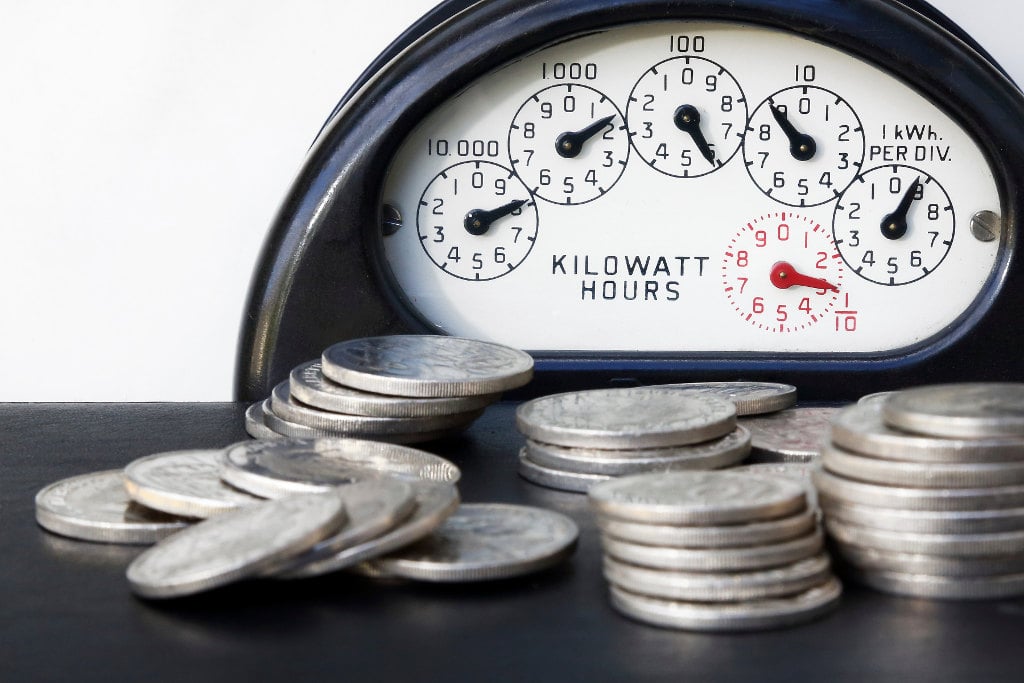Monitoring energy use, identifying low cost measures and cost-effective investment have been identified by Utilitywise as the three steps needed for businesses to make big savings on their energy bills.
The business energy consultancy identified a number of ways small and medium-sized retailers can reduce their energy bills, from retrofitting LED lighting to closing their doors, which is currently estimated to cost £300 million in wasted heat.
As part of a new online publication, Utilitywise uses findings from the Carbon Trust to put forward the case for greater energy efficiency, claiming cutting energy costs represents the same bottom line benefit as a 5% increase in sales.
Presented in three steps, it argues in the first section, “Monitoring = control”, that only 20% of retailers monitor their use of energy and water despite this cost representing a major overhead for businesses.
It therefore advises that the use of monitoring devices should be used to “keep an eye” on energy consumption, providing data that can be used for step two, “Easy low-cost measures”.
As well as shutting doors to reduce the costs associated with heating, ventilation and air conditioning (HVAC) systems, Utilitywise suggests ensuring staff are trained to recognise when to take measures to reduce energy use.
Citing Carbon Trust research, it says only 30% of businesses have energy awareness training in place, yet educating staff can save up to 20% of energy costs.
The final step is to use energy audits to identify where a retail outlet’s systems have become inefficient and selecting energy saving projects with the biggest payback.





